For many, chocolate is synonymous with indulgence and pleasure. However, not all chocolates are created equal. Dark chocolate, with its rich, intense flavor and high cocoa content, stands out not only for its luxurious taste but also for its surprising health benefits—especially for heart health. In recent years, dark chocolate has gained recognition as a functional food that can support cardiovascular well-being while satisfying your sweet tooth. Let’s delve into the nutritional profile of dark chocolate, its benefits for heart health, and explore various cooking methods to incorporate this delicious treat into your diet.
The Nutritional Profile of Dark Chocolate
Dark chocolate is made from cocoa beans, which are rich in flavonoids—powerful antioxidants that contribute to its health benefits. The higher the cocoa content, the more flavonoids and the greater the health benefits. A typical dark chocolate bar contains at least 70% cocoa, though some varieties may have even higher percentages.
Key Nutrients in Dark Chocolate:
- Flavonoids: These antioxidants help reduce inflammation and protect cells from damage.
- Theobromine: A stimulant that can improve mood and cognitive function.
- Caffeine: Though in smaller amounts compared to coffee, it can still provide a mild energy boost.
- Minerals: Dark chocolate is a good source of magnesium, iron, and zinc, which support overall health.
- Fiber: It contains a small amount of dietary fiber, which aids digestion.
Heart Health Benefits of Dark Chocolate
1. Lowering Blood Pressure:
The flavonoids in dark chocolate help relax blood vessels, improving blood flow and reducing blood pressure. Studies have shown that regular consumption of dark chocolate can lead to a modest but significant decrease in blood pressure.
2. Improving Cholesterol Levels:
Dark chocolate has been found to increase levels of high-density lipoprotein (HDL) cholesterol, often referred to as the "good" cholesterol, while reducing levels of low-density lipoprotein (LDL) cholesterol. This balance is crucial for maintaining cardiovascular health.
3. Reducing Inflammation:
Chronic inflammation is a key factor in the development of heart disease. The antioxidants in dark chocolate help reduce inflammation by neutralizing free radicals and protecting cells from oxidative damage.
4. Enhancing Blood Flow:
The flavonoids in dark chocolate stimulate the production of nitric oxide, a molecule that helps blood vessels relax and improve blood flow. This can reduce the risk of blood clots and stroke.
Cooking Methods to Maximize Nutritional Benefits
To fully benefit from the heart-healthy properties of dark chocolate, consider incorporating it into your diet through various cooking methods. Here are some creative and delicious ways to enjoy dark chocolate:
1. Dark Chocolate Bark
Make a simple yet elegant dark chocolate bark by melting dark chocolate and spreading it thinly on a baking sheet lined with parchment paper. Add toppings like nuts, dried fruit, or seeds for extra texture and nutrition. Allow the bark to cool and harden, then break it into pieces for a delightful and heart-healthy treat.
2. Dark Chocolate Smoothies
Blend dark chocolate with fruits like bananas, berries, or avocados for a creamy and nutritious smoothie. Add a splash of almond milk or coconut water for extra hydration and a touch of honey or maple syrup for sweetness. This is a perfect way to enjoy dark chocolate while getting a boost of vitamins and minerals.
3. Dark Chocolate Fondue
Create a heart-healthy dark chocolate fondue by melting dark chocolate with a bit of coconut oil or cream. Serve with fresh fruits, nuts, and whole-grain crackers for dipping. This indulgent treat is not only delicious but also packed with antioxidants and healthy fats.
4. Dark Chocolate Chia Pudding
Combine dark chocolate with chia seeds, almond milk, and a bit of sweetener for a nutritious and satisfying pudding. The chia seeds provide fiber and omega-3 fatty acids, while the dark chocolate adds a rich, indulgent flavor. This pudding can be enjoyed as a breakfast or dessert.
5. Dark Chocolate Avocado Mousse
Blend ripe avocados with melted dark chocolate, a bit of honey, and vanilla extract for a creamy and decadent mousse. This dessert is rich in healthy fats and antioxidants, making it a guilt-free way to satisfy your sweet cravings.
6. Dark Chocolate in Baking
Incorporate dark chocolate into your baking recipes for added flavor and nutrition. Use dark chocolate chips in cookies, muffins, or brownies, or melt dark chocolate to create a rich ganache for cakes and pastries. Opt for high-quality dark chocolate with at least 70% cocoa content to maximize the health benefits.
Practical Tips for Incorporating Dark Chocolate into Your Diet
- Choose High-Quality Dark Chocolate: Opt for dark chocolate with at least 70% cocoa content. Look for brands that use minimal additives and avoid those with added sugars or artificial ingredients.
- Moderation is Key: While dark chocolate offers numerous health benefits, it is still high in calories and fat. Enjoy it in moderation as part of a balanced diet.
- Pair with Nutritious Foods: Enhance the nutritional value of dark chocolate by pairing it with fruits, nuts, or whole grains. This creates a balanced and satisfying snack or dessert.
Dark chocolate is more than just a sweet indulgence; it is a heart-healthy treat that can be enjoyed in various ways. Its rich content of flavonoids, antioxidants, and essential minerals makes it a valuable addition to a heart-healthy diet. By incorporating dark chocolate into your meals through creative and nutritious recipes, you can enjoy its delicious flavor while supporting your cardiovascular health. Whether enjoyed as a smoothie, a mousse, or a simple piece of chocolate, dark chocolate is a versatile and delightful way to nourish your body and satisfy your sweet tooth. Embrace the heart-healthy benefits of dark chocolate and let it inspire your culinary adventures.

By Olivia Reed/Apr 24, 2025

By Victoria Gonzalez/Apr 24, 2025

By Sophia Lewis/Apr 24, 2025
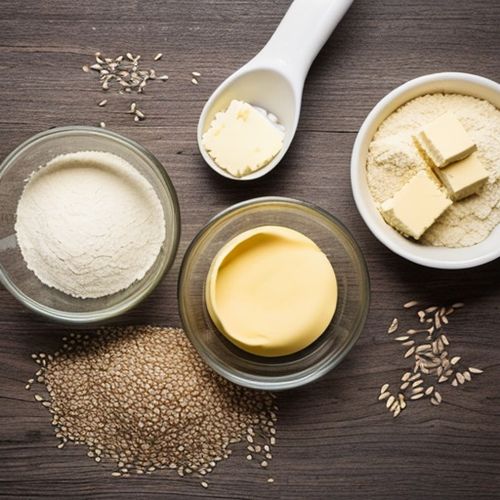
By William Miller/Apr 24, 2025
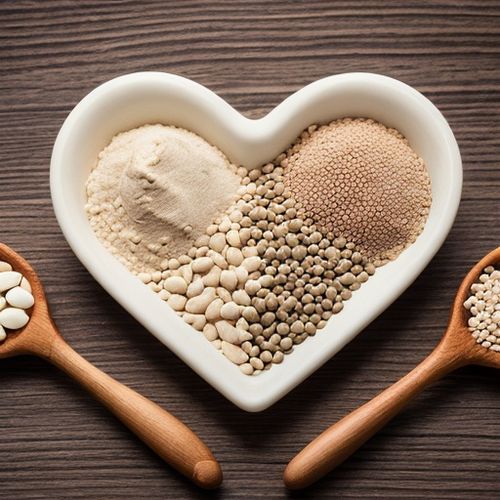
By Olivia Reed/Apr 24, 2025

By Laura Wilson/Apr 24, 2025

By Victoria Gonzalez/Apr 24, 2025
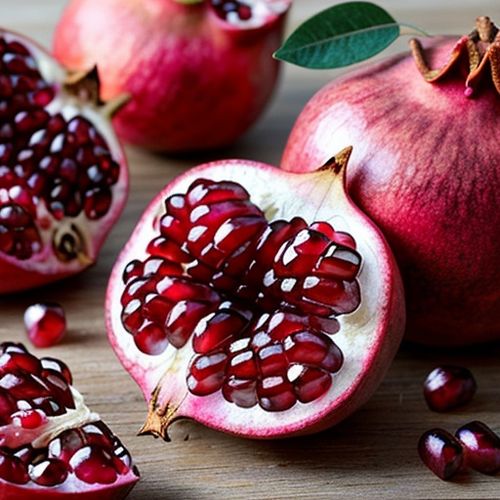
By Natalie Campbell/Apr 24, 2025

By Jessica Lee/Apr 24, 2025
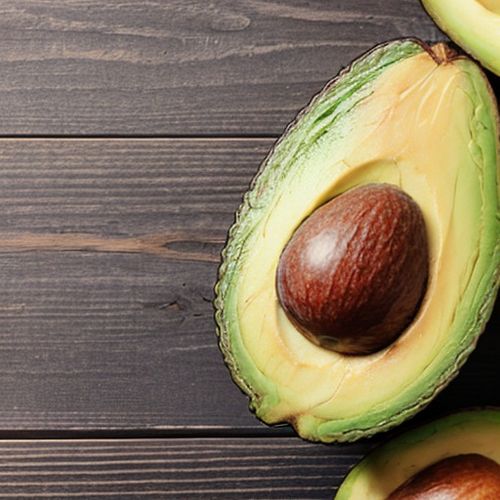
By Rebecca Stewart/Apr 24, 2025
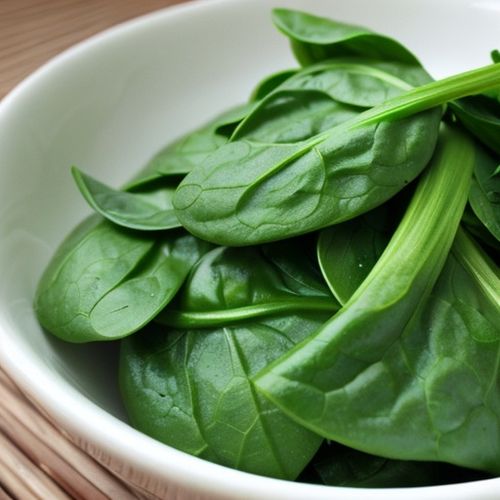
By George Bailey/Apr 24, 2025

By Elizabeth Taylor/Apr 24, 2025

By Thomas Roberts/Apr 24, 2025
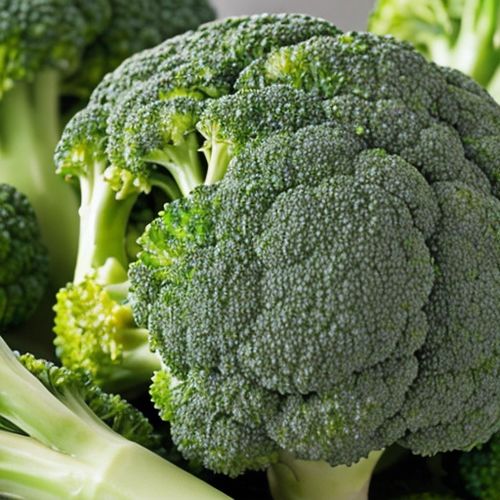
By Laura Wilson/Apr 24, 2025
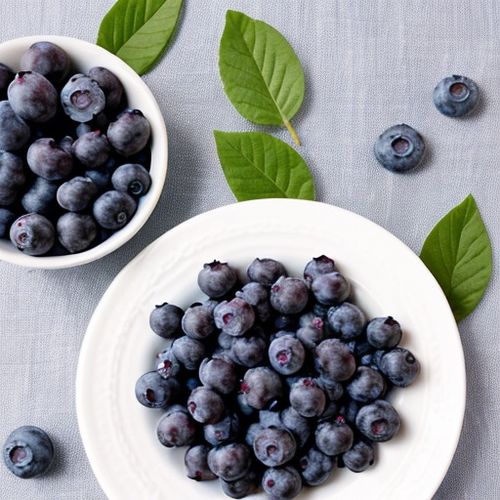
By Samuel Cooper/Apr 24, 2025

By Lily Simpson/Jan 13, 2025
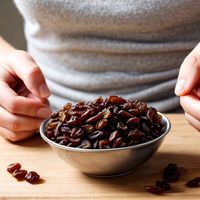
By Christopher Harris/Dec 20, 2024

By Samuel Cooper/Dec 20, 2024